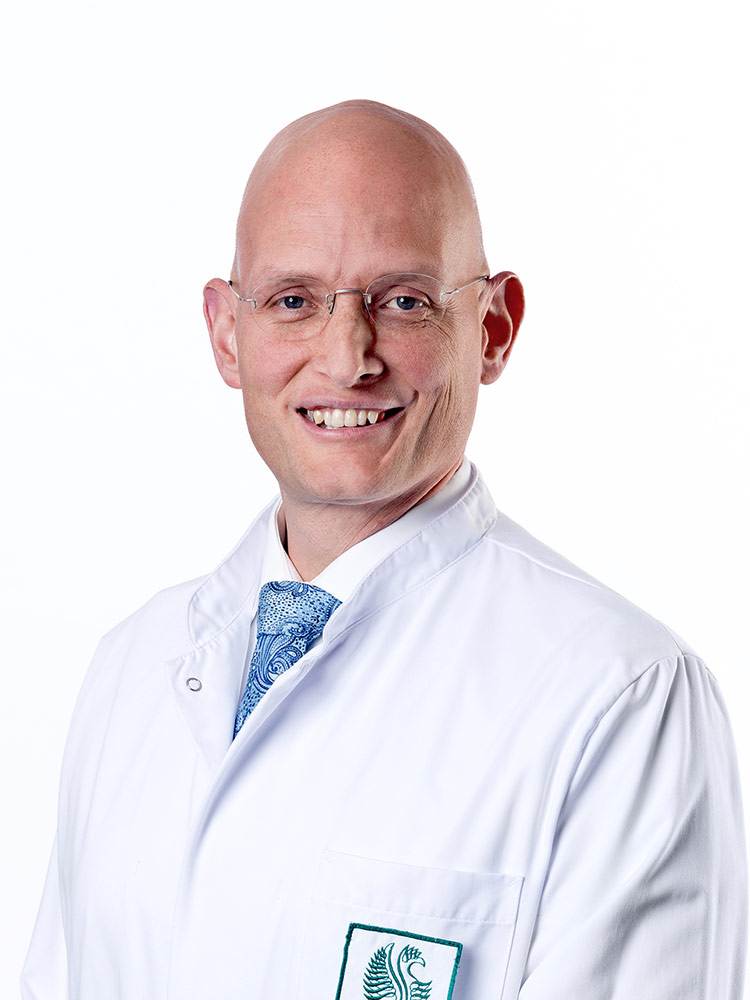Not just the way to a man’s heart is through his stomach. There are many circumstances in life that can seriously affect this critical organ. Gastroenterology is a vast subsection of internal medicine, and covers disorders of the oesophagus, the gastrointestinal tract, and the large organs in the abdominal cavity: the liver with its bile ducts, the gall bladder, and the pancreas. MEOPRAXEN offers an extensive diagnostic and therapeutic spectrum of services in the area of gastroenterology. Patients complaining of pain while swallowing, problems with digestion or bowel movement, or with acute or chronic illnesses in that area should contact the team at MEOPRAXEN for consultation and treatment. We will also be happy to help clearing up ambiguous results, such as increased liver values, or handle preventative examinations, for example a colonoscopy for the early detection of colon carcinoma. We will be at your side with help and advice. Our doctors always make a point of explaining symptoms, results, and disorders in a way that is easy to understand. Good cooperation and communication with your GP is therefore a matter of course.
Focal points of the gastroenterological department are endoscopic examinations (gastroscopy, colonoscopy, and proctoscopy), ultrasound of the abdominal organs and vessels, as well as diagnostics and therapy for all gastroenterological disorders. In addition to conventional medicine, we use acupuncture, originating from traditional Chinese medicine, as a particularly non-invasive process for gastroenterological disorders.
In Germany, just like in many other Western industrial nations, nutrition-related disorders like food allergies or obesity have played an increasingly important role in recent years. We offer diagnostic processes, like hydrogen breath tests, extensive stool testing, and competent nutrition advice.
Gastroscopy is a highly effective method for diagnosing non-specific upper abdominal pains to e.g. exclude bacterial infection (helicobacter pylori), a stomach ulcer, or simply a gluten intolerance.
We offer diagnostics and therapy for all gastroenterological disorders. These include:
- Chronic inflammatory bowel diseases (Crohn’s disease/Ulcerative colitis)
- Irritable bowel syndrome
- Chronic/acute diarrhoea
- Chronic hepatitis B and chronic hepatitis C
- Chronic pancreatic disorders
- Gall bladder and bile duct disorders
- Disorders of the oesophagus (heartburn, varicose veins, Barrett’s disease, reflux disease)
- Achalasia (difficulties swallowing)
- Vague abdominal pains
- Increased liver values
Our Experts


Dr. med.
Marc Köppe
Gastroenterologie


Dr. med.
Marc Köppe
Gastroenterology


Dr. med.
Marc Köppe
Gastroenterology


Dr. med.
Vilmar Frauendorf
Gastroenterologie
Angestellter Arzt in der Privatpraxis Dr. med. Marc Köppe


Dr. med.
Vilmar Frauendorf
Gastroenterology


Dr. med.
Vilmar Frauendorf
Gastroenterology


Dr. med. Ulrich P. Baumgarten
Gastroenterologie
Angestellter Arzt in der Privatpraxis Dr. med. Marc Köppe


Dr. med. Ulrich P. Baumgarten
Gastroenterology


Dr. med. Ulrich P. Baumgarten
Gastroenterology
Our services
Colonoscopy
Colonoscopy (examination of the entire large intestine, the rectum, and the anus using a flexible viewing tube) is an important part of preventative health examinations. It is also indicated for resolving the causes of non-specific abdominal pains, irregular bowel movements, blood in the stool, endoscopic polyps monitoring, and the diagnosis or progress monitoring of chronic inflammatory bowel diseases (Crohn’s disease/ulcerative colitis).
Patient safety and a painless examination are a top priority for us. That is why we offer our colonoscopy patients a “quick anaesthesia” in line with the S3 guideline “Sedation in Endoscopy”, so they will not consciously experience the procedure. Please note that you will in this case not be able to drive a vehicle for the next 24 hours.
Proctoscopy
A proctoscopy (examination of the lowest part of the rectum and anal canal using a viewing tube) may be indicated for the diagnosis or severity classification of haemorrhoids and their therapy. It is furthermore a very good and safe method to exclude anal carcinoma (malicious tumours in the anal canal) or anal fissures (tiny tears in the anal mucous membrane).
Ultrasound of the abdominal organs and vessels:
For many complaints, an ultrasound of the abdominal organs is a safe, low-complication, and in the hands of an expert a very effective method to confirm or exclude various internal illnesses.
Acupuncture
We offer acupuncture within the scope of complementary medicine. In the area of gastroenterology, acupuncture is used for the following complaints / symptoms:
- Irritable bowel syndrome (obstipation (constipation) / diarrhoea
- Dyspepsia (indigestion)
- Chronic gastritis
- Singultus (hiccups)
Food allergies
Food allergies can manifest in many ways. In many cases, patients suffer from flatulence, abdominal pains, and digestive problems. Hydrogen breath tests may detect fructose and lactose intolerances, or the existence of bacterial overgrowth, and will offer clarification where gluten intolerance (celiac disease) is suspected. The latter should be confirmed with a gastroscopy. Additionally laboratory examinations are offered.
Hydrogen breath tests
Hydrogen breath tests are a very simple examination procedure for the diagnosis of food allergies (fructose and lactose intolerance). The method has proven very effective in proving bacterial overgrowth in the small intestine.
Bei uns sind Sie in guten Händen

Kurzfristige Terminvergabe

Parken im Haus

Wohlfühlatmosphäre

Professionelle Ärzte

Moderne Technik
You are in safe hands

Short notice appointments

Modern Diagnostic Tools

Comfortable Environment

Professional Doctors

Modern Technology
У нас вы в надёжных руках

Быстрая запись на приём

Современные технологии

Атмосфера комфорта

Профессиональные врачи

